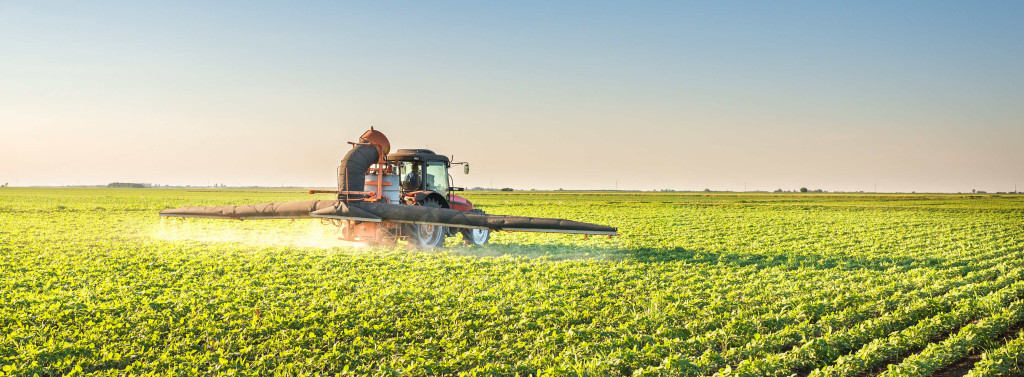In today’s talking points: World’s largest online clothing seller when it opens for business in Australia next year; Western Australia processors V&V Walsh have launch their range of Amelia Park chilled lamb into China; China continues to increase their investment in Australian agriculture – last year, spending $1.2billion on farms; Chinese citizens are keen to get sticky fingers
Massive Online Retailer Amazon To Increase Wool Sales
Amazon is set to be the world’s largest online clothing seller when it opens for business in Australia next year, with wool forecasted to stitch up sales. As the global wool industry rapidly moves with success into the digital age, Rodwells & Co wool technician Carl Poingdestre confirms this online sale growth to be massive rate especially with the retail giant’s plans to open a massive branch in Australia in 2018. New business is anticipated to soar with retail giant heavily marketing on wool’s sustainable and biodegradable benefits towards the millennial market particularly. These raw material buyers are resonating with their ability to make socially responsible purchases and to have a choice to veer from fast-fashion products.
Read more at www.farmweekly.com
Chinese Market Responds To Chilled Lamb
In response to Chinese meat market opportunities the Western Australia processors V&V Walsh have launch their range of Amelia Park chilled lamb into China. The newly-appointed V&V Walsh supply chain manager Dale Miles, says the company will focus on their new meat chilled licence and export of quality frozen products to high-end retail and food suppliers out of Shanghai and Beijing to develop the supply chain. After the launch of the biggest processing facility through inner Mongolia, the Walsh family owned business will continue their venture into China with China’s largest importer of red meat Grand Farm.
Read more at www.farmweekly.com
Increased Investment into Australia’s Agriculture Industry from China
China has continued to increase their investment in Australian agriculture last year, spending $1.2billion on farms and agribusiness in Australia. According to a new report from KPMG and the University of Sydney, The Chinese tripled their agricultural investment into Australia in 2016, predominantly in the dairy, meat, seafood and wine sectors. Significant purchases over the last year were that of Western Australian cattle farm S Kidman and Co, as well as Australia’s largest dairy farm, Van Diemen’s Land Company. S Kidman and Co was the biggest privately-owned tract of land in Australia, extending to more han 100,000 square kilometers. Van Diemen’s Land Company (VDL) was sold to Moon Lake Investments, owned by Chinese investor Lu Xianfeng. The new owner plans to fly 10m liters of milk from Tasmania for sale in China.
Read more at: www.farmersjournal
China’s increasing love for Australian honey
China has become a new emerging market for Australian honey. Mr Casido from Orange, in the central west of New South Wales, is keenly aware that Chinese citizens are keen to get sticky fingers. Both honey and the honeycomb are both being exported to China at ever increasing rates. Honey is poured over squares of honeycomb to add flavor and help preserve it for export. The market in China has become increasing fond of the honey import, with prices being over two times more expensive than in Australia. “Australian honey is very popular in China. They are willing to pay a good price,” Mr Casido said.
Read more at www.abc.net.au

